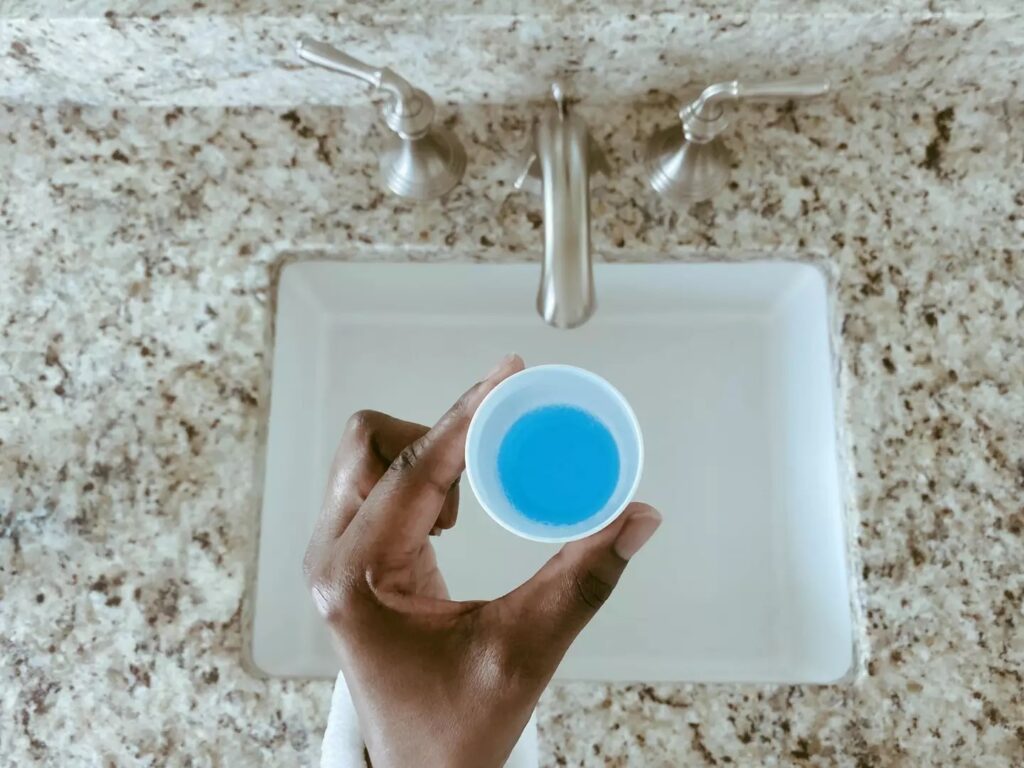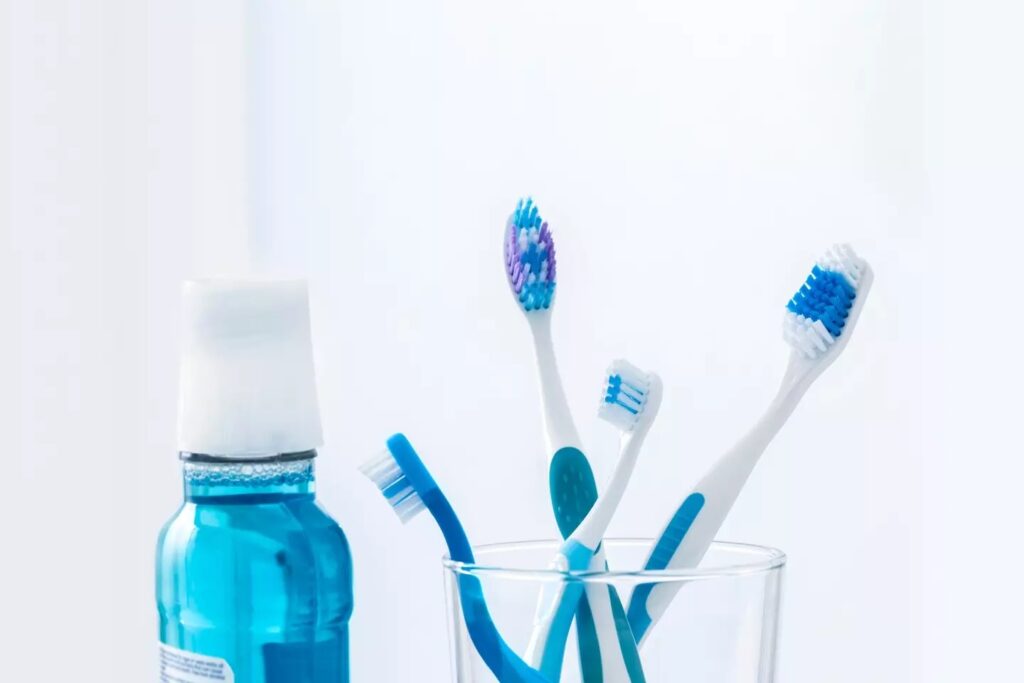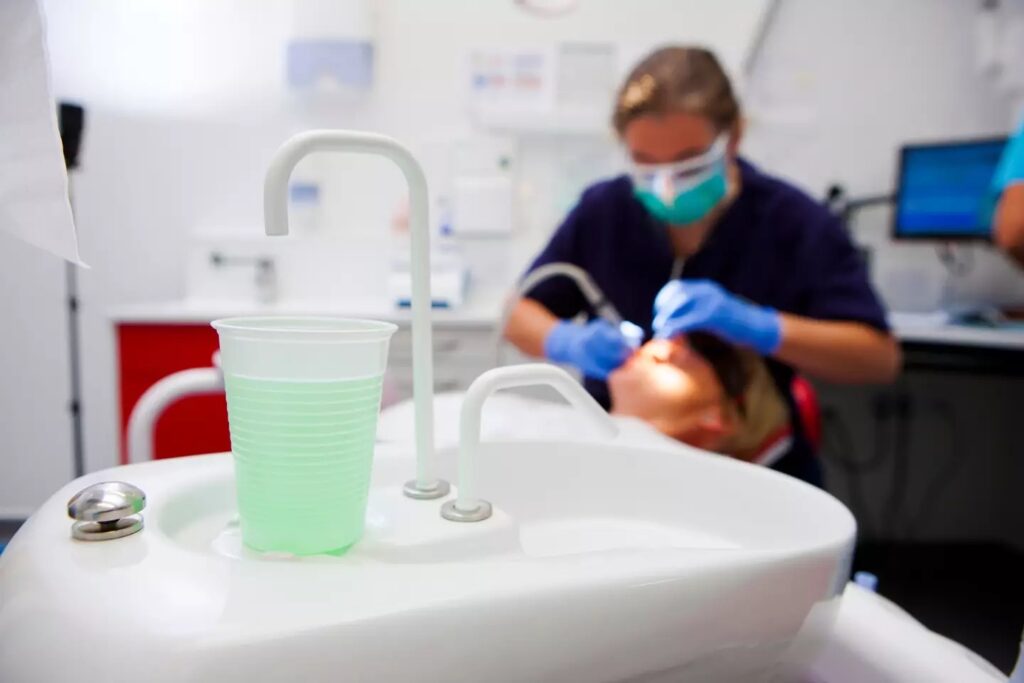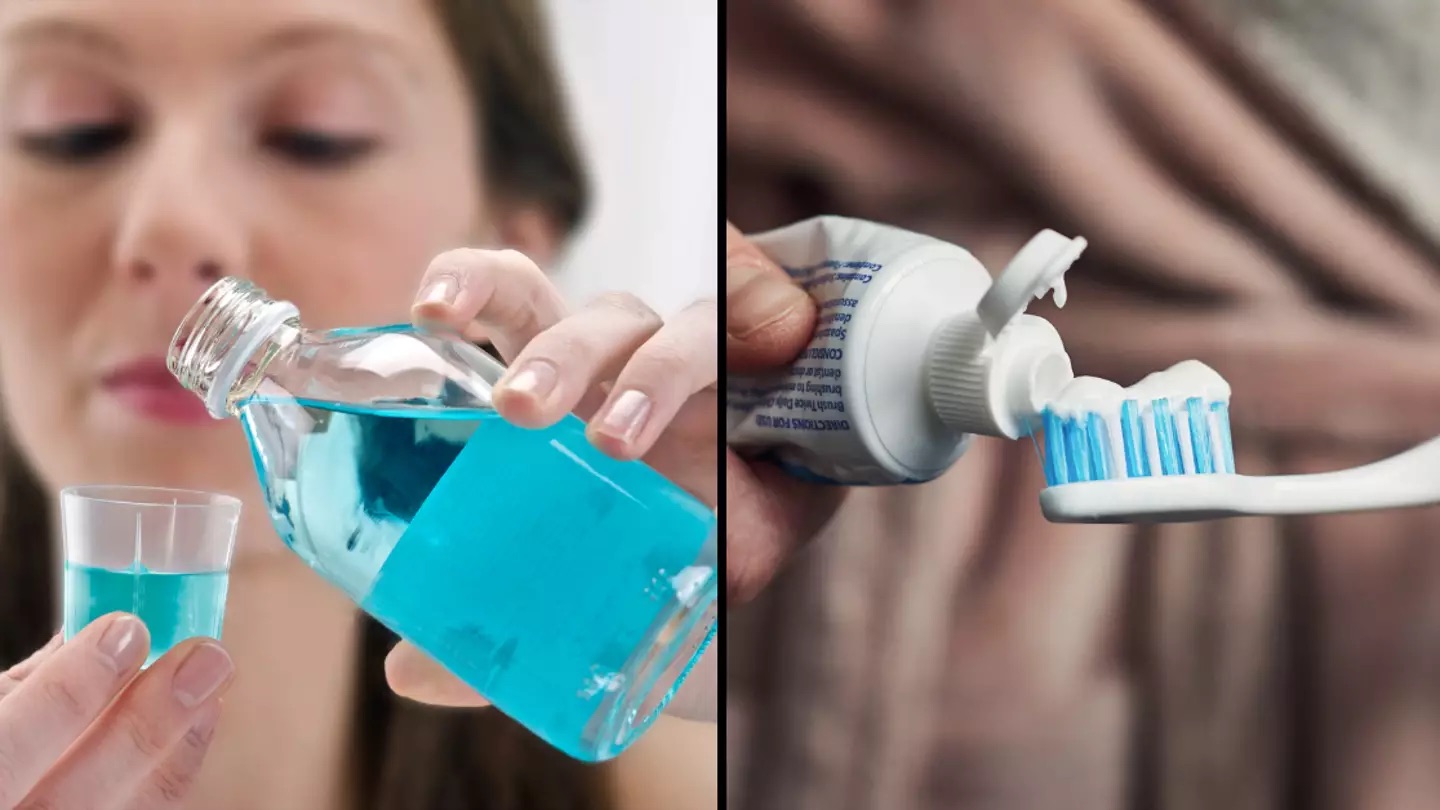If you’re in the habit of using mouthwash immediately before or after brushing your teeth, it’s time to reconsider. A dentist has explained why this practice can be harmful, despite mouthwash’s reputation for protecting teeth and preventing decay. The timing of when you use it, relative to brushing, is crucial.
Dr. Zaeem from the electric toothbrush company Ordo advises against using mouthwash within 30 minutes before or after brushing to avoid potential harm. He also recently cautioned against brushing your teeth in the shower.

The issue, according to Dr. Zaeem, lies in the chemical composition of toothpaste and mouthwash. “Mouthwash is not a substitute for brushing but is great for a quick clean and fresh breath during the day,” he explains. He warns that using mouthwash too soon after brushing can dilute the fluoride in toothpaste, reducing its effectiveness since most mouthwashes contain a lower concentration of fluoride.
The NHS echoes Dr. Zaeem’s advice, recommending against using mouthwash right after brushing because it washes away the more concentrated fluoride from the toothpaste. Instead, they suggest using mouthwash at a different time, like after lunch, and waiting at least 30 minutes before eating or drinking to allow the fluoride to stay on your teeth.

Fluoride is key to dental health because it strengthens tooth enamel, making it more resistant to decay and protecting against acids from foods and bacteria.

Beyond the timing of mouthwash, Dr. Zaeem also stresses the importance of regularly replacing your toothbrush or brush head. “A worn toothbrush or head removes less plaque than a new one,” he notes. He recommends replacing toothbrushes or heads every two to three months—or sooner if the bristles are frayed—to ensure effective plaque removal and maintain oral health.
